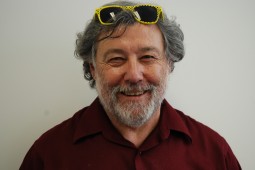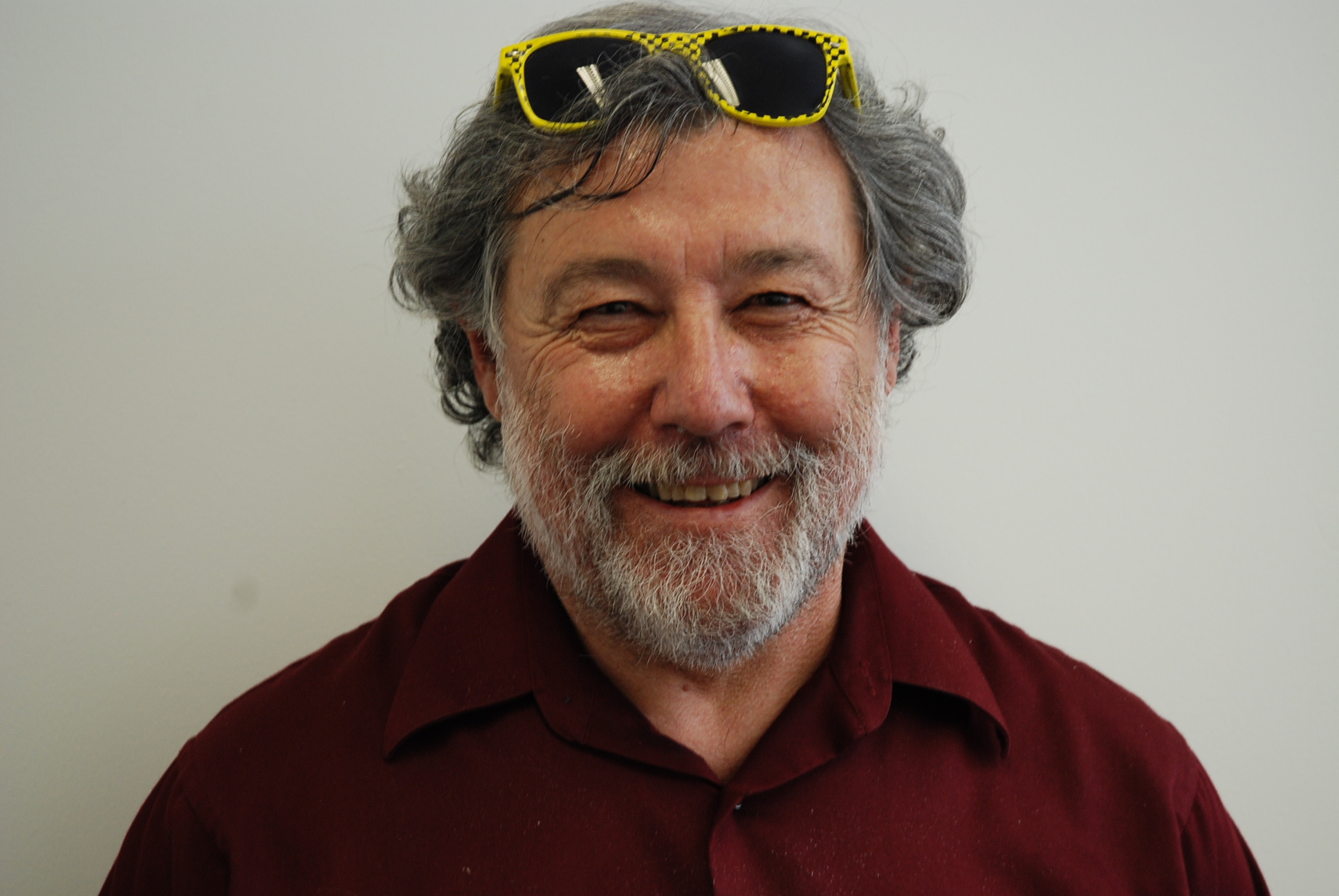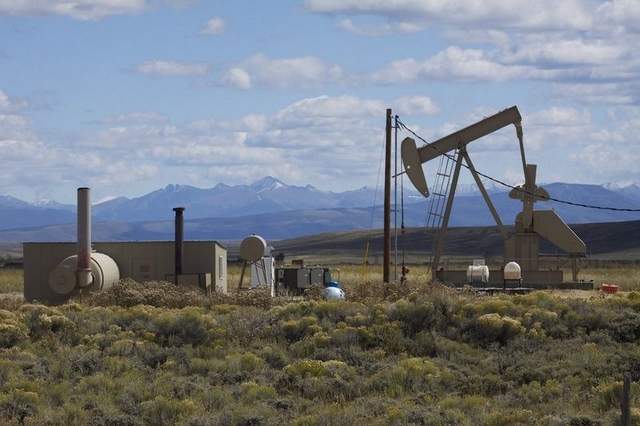
Testing the Water (Start time 3:30) What exactly is in our water—the stuff we drink, shower in and use to wash our vegetables? This is a question lots of Coloradans have started to ask in the last few years as oil and gas operations have ramped up in the state. Several communities have become very concerned how nearby drilling operations might be adversely affecting the quality of their water supply. We’ve seen the videos of people living near to fracking wells lighting their tap water, and we’ve heard the stories about the possible health impacts but how much of this is anti-fracking dramatization and how much is there really to be concerned about? How much is energy development in Colorado affecting the water supply and how can we, that is Jane and Joe public, find out the vital statistics of our water quality?
Co-host Jane Palmer discusses these questions with hydrologist Mark Williams from the University of Colorado. Williams is the co-founder of the Colorado Water and Energy Research Center (CWERC) and he has conducted projects around the state looking at the impacts of energy operations on both water and air quality. He has also developed a guide to help residents who live near oil and gas development test their water. The “how to” guide shows well owners how energy-related or other activities might affect their groundwater.
Executive Producer: Joel Parker
Producer: Jane Palmer
Co-hosts: Jane Palmer, Ted Burnham
Engineer: Ted Burnham
Additional Contributions: Shelley Schlender
Listen to the show:
Podcast: Play in new window | Download (Duration: 24:01 — 22.0MB)
Subscribe: RSS







